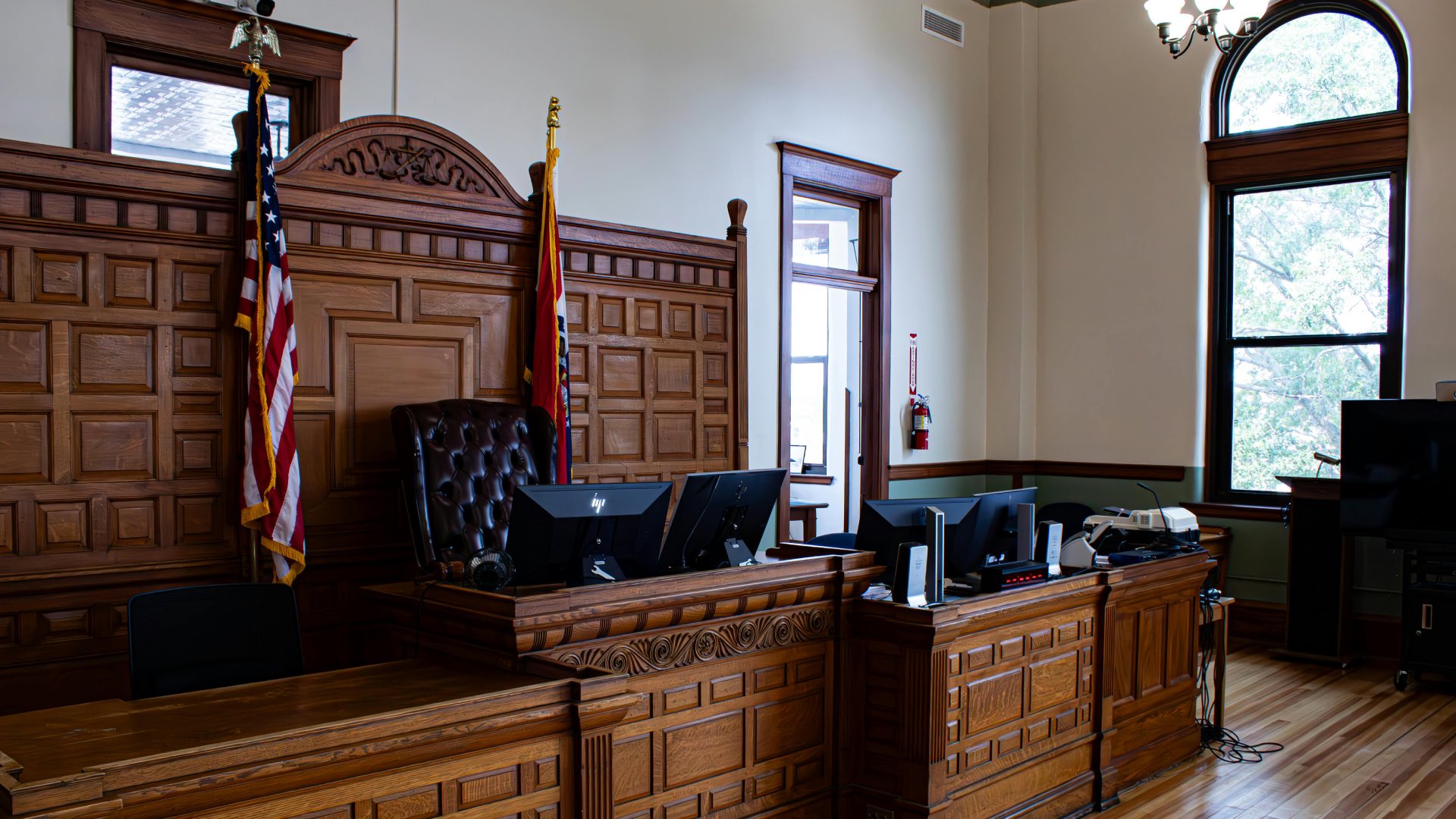US Supreme Court signals majority to overturn Colorado conversion therapy ban
The Supreme Court’s ruling is expected by the end of June 2026
By Aaron Sugg

The US Supreme Court has seen a majority expressing interest in overturning Colorado’s ban on conversion therapy for minors on Tuesday (7 October).
In 2019, Colorado lawmakers banned conversion therapy after medical experts said the practice doesn’t work and can be dangerous for minors.
During a 90-minute hearing, several conservative justices said that “talk therapy,” even if controversial, should be protected under the First Amendment in light of free speech.
The case, Chiles v. Salazar, stems from a lawsuit filed in March by mental health counsellor Kaley Chiles, who sued the state of Colorado over the protective law, claiming it violated her right to free speech.
Colorado argues the ban on conversion therapy protects young people
Colorado argues the ban protects young people, pointing to studies that link conversion therapy to higher risks of depression and suicide.
Opponents say those studies focus on abusive practices, not simple discussions. Colorado lawmakers approved the ban in 2019 after leading medical groups concluded that conversion therapy is ineffective and can harm young people.
Chief Justice John Roberts and others questioned whether states can regulate what counsellors say in the same way they regulate medical procedures.
“Just because they’re engaged in conduct doesn’t mean that their words aren’t protected,” Roberts said to CNN.
The court could either strike down the law completely or send it back to a lower court for further review. A decision is expected by June and could affect similar bans across the country.
Shannon Stevenson, Colorado’s solicitor general, supports the ban on conversion therapy
Shannon Stevenson, Colorado’s solicitor general, defended the law, saying: “A health care provider cannot be free to violate the standard of care just because they are using words, and a state cannot be required to let its vulnerable young people waste their time and money on an ineffective, harmful treatment just because that treatment is delivered through words.”
Shannon Minter, legal director for the National Center for LGBTQ+ Rights, told Stat News that such a ruling could create widespread confusion among medical professionals about standards of care.
“If the court were to go down that path, it would really lead to, probably, massive deregulation of medical care and leave consumers very vulnerable to harm and mistreatment,” he said.
“Therapists can, and do, help young people” – Jaymes Black, CEO of The Trevor Project on the US Supreme Court ruling in favour of overturning the ban
The Trevor Project has urged the Supreme Court to uphold Colorado’s law, warning that allowing conversion practices to spread could have deadly consequences.
Jaymes Black, CEO of the suicide prevention organisation, called it “unimaginable.” He said: “Therapists can, and do, help young people navigate and understand their identity.”
The Supreme Court’s ruling is expected by the end of June 2026.
